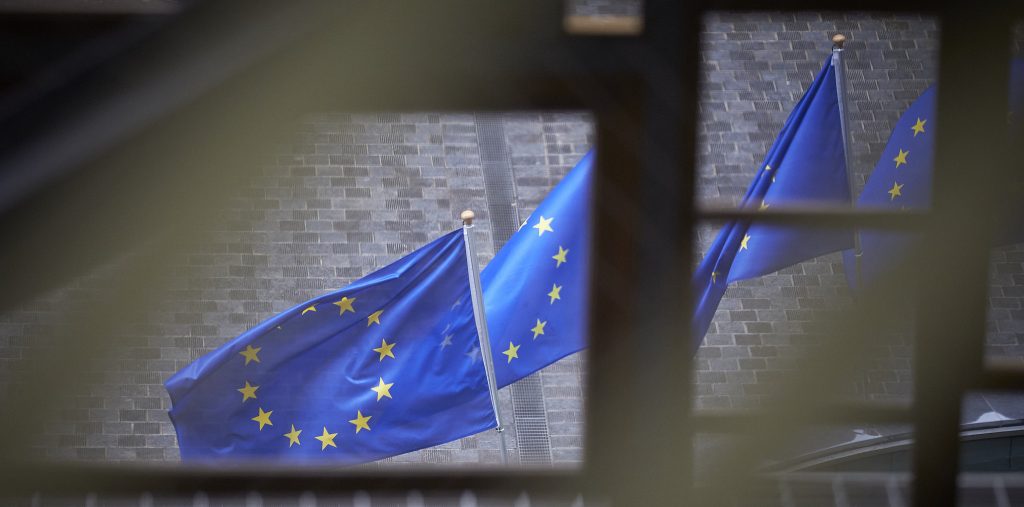![EU Response to Trump with Philippe Legrain [PODCAST] EU Response to Trump with Philippe Legrain [PODCAST]](http://4liberty.eu/phidroav/2024/12/Philippe-Legrain-1469x800-1-1024x561.png)
EU Response to Trump with Philippe Legrain [PODCAST]
How can the European Union woo Donald Trump? Why immigration is beneficial and morally right? And what is the EU\'s potential for change and reform? Leszek Jazdzewski (Fundacja Liberte!) talks with Philippe Legrain, a former economic adviser to the president of the European Commission, a Visiting Senior Fellow at the London School of Economics’ European Institute.











